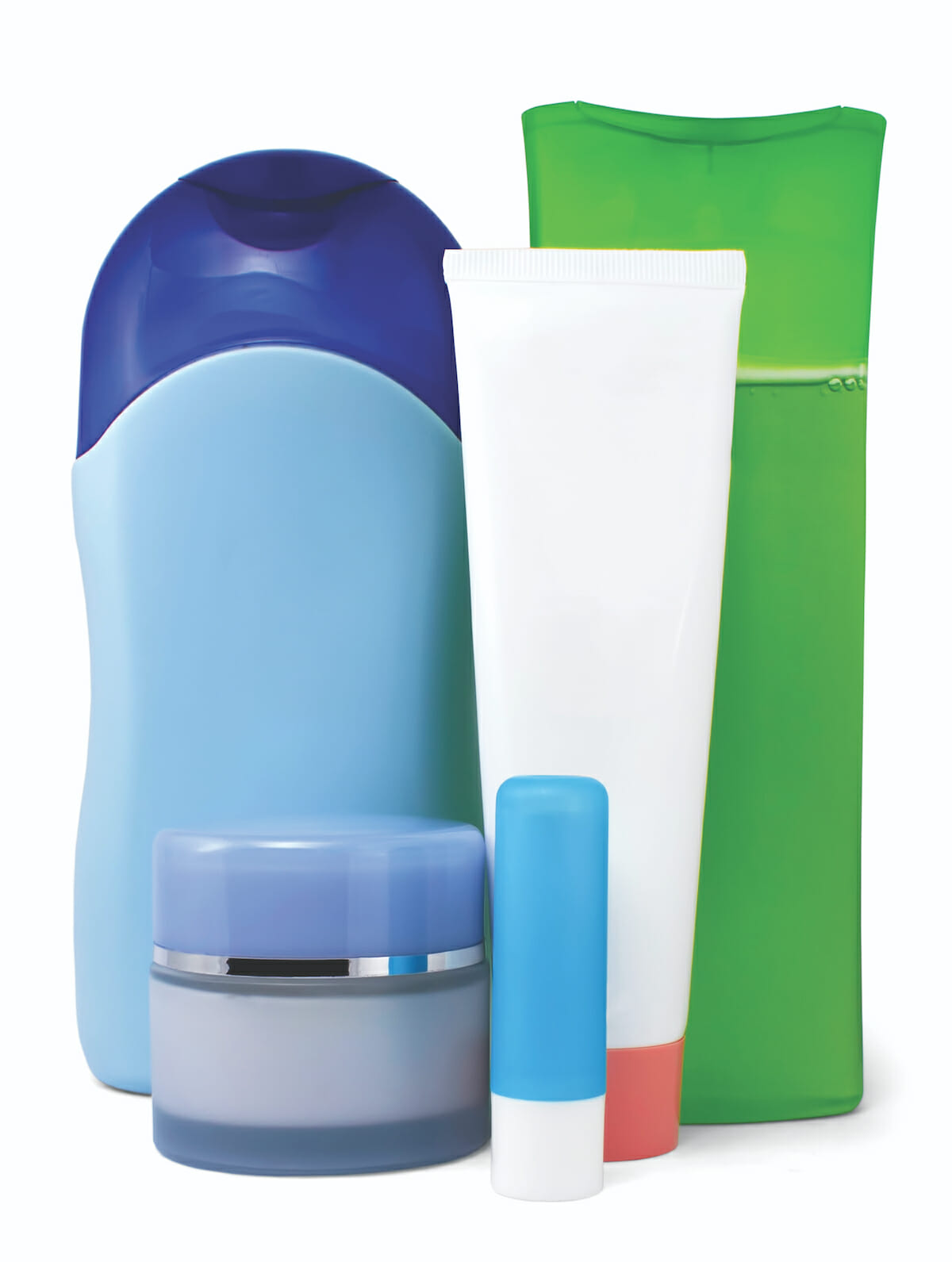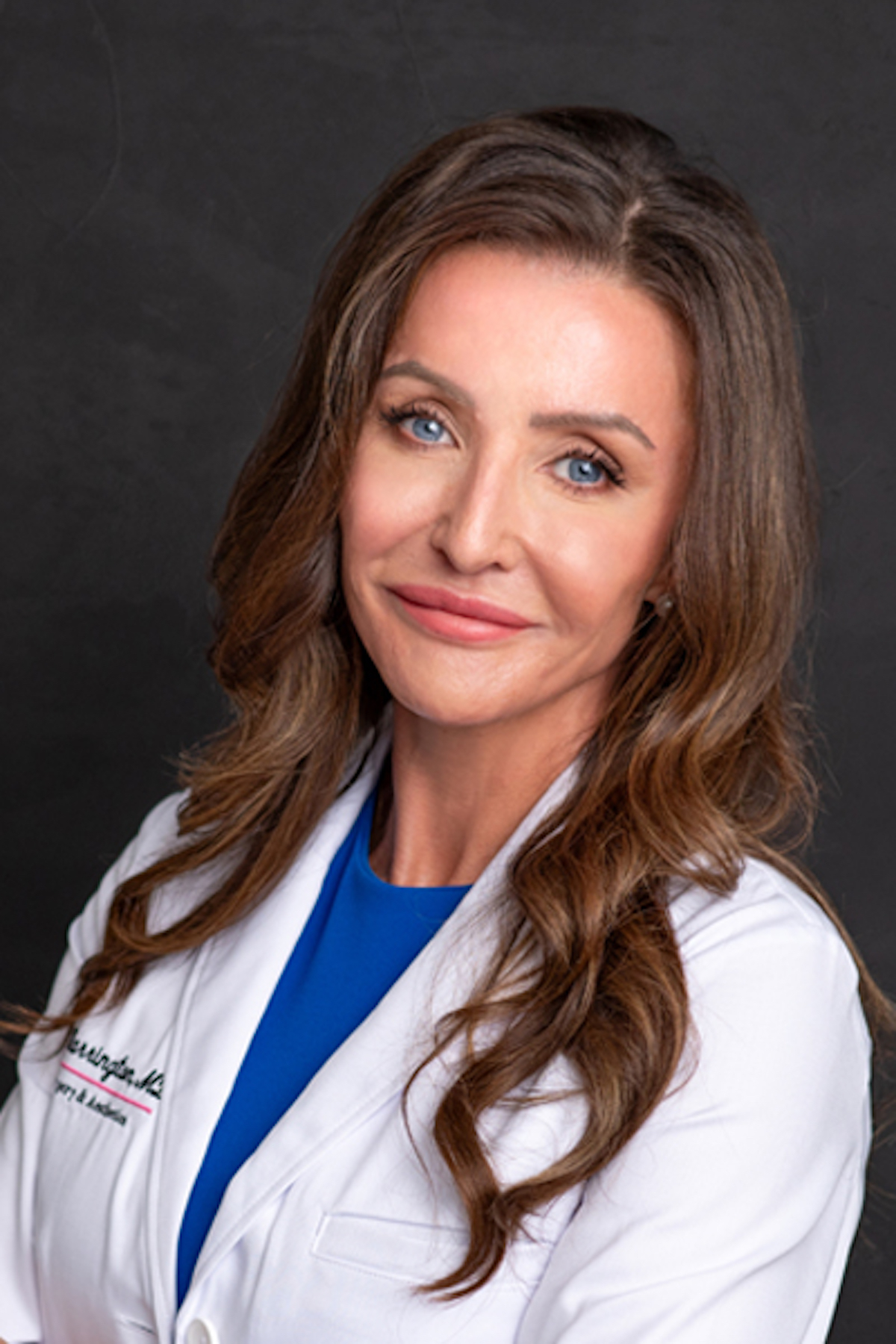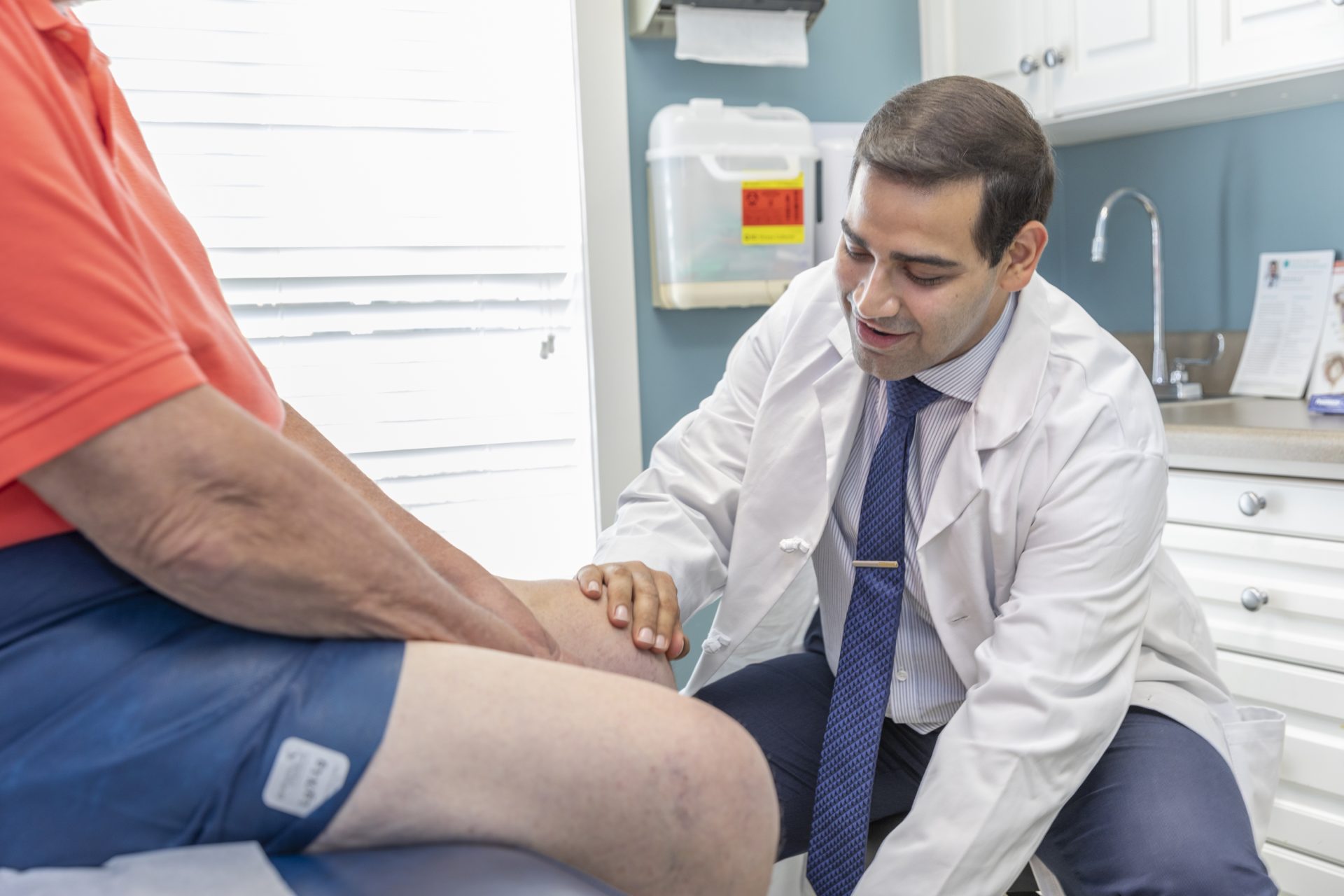Most over-the-counter skin care products are safe during pregnancy. However, it is a good idea to avoid certain ingredients, such as retinoids, hydroquinone, and phthalates.
Skin changes such as stretch marks, dryness, and hyperpigmentation can all happen during pregnancy. A skin care routine is unlikely to need major changes, but pregnant people should avoid certain chemicals in products.
Due to hormonal changes, a pregnant person may have:
stretch marks
hyperpigmentation
acne
linea nigra, a dark line that runs from the naval to the pubic area
spider veins
varicose veins
The American Academy of Dermatology Association (AAD) recommends speaking with a healthcare professional before applying any products to stretch marks. This is because some creams, lotions, and gels that claim to treat stretch marks contain retinol, which can harm a fetus.
The American College of Obstetricians and Gynecologists (ACOG) recommends using a heavy moisturizer during pregnancy to help keep the skin soft.
Some ingredients to avoid during pregnancy
Certain skin care chemicals can cause complications. Pregnant people should avoid products that contain any of these ingredients:
Retinoids: Retinoids are a synthetic form of vitamin A that can treat skin conditions such as cystic acne. Pregnant people should not take oral medications that contain retinoids during pregnancy, as these can lead to congenital disabilities, such as fetal retinoid syndrome.
Some topical products, such as creams and ointments, also contain retinoids. According to 2020 research, negative effects of these products during pregnancy are unlikely, but it is still advisable to avoid topical retinoids until after pregnancy.
Some over-the-counter products contain retinoids. Checking labels carefully is key.
Hydroquinone: Hydroquinone is in prescription products that people use to lighten their skin. Research from 2021 reports that the skin absorbs approximately 35%–45% of the hydroquinone in these products. While this is unlikely to cause adverse effects, healthcare professionals recommend avoiding this ingredient during pregnancy and lactation.
Formaldehyde: Formaldehyde is no longer a common ingredient in cosmetics because it is known to increase the risk of cancer and pregnancy loss. However, some cosmetics contain chemicals called “formaldehyde releasers,” which decompose over time, turning into molecules of formaldehyde. Such chemicals include:
5-bromo-5-nitro-1,3-dioxane
bronopol, also called 2-bromo-2-nitropropane-1,3-diol
diazolidinyl urea
DMDM hydantoin
hydroxymethylglycinate
imidazolidinyl urea
quaternium-15
It remains crucial to check ingredients lists before making a purchase.
Phthalates: Phthalates interfere with the body’s hormones. They are harmful to fetuses, and when possible, children and adults should avoid these chemicals. Research from 2020 reports that prenatal exposure to phthalates disrupts levels of:
thyroid hormones
sex hormones
25-hydroxyvitamin D
This can lead to:
preterm birth
preeclampsia
maternal glucose disorders
infant cryptorchidism, which is when the testicles are not in the correct position
infant hypospadias, which is when the urethra is not in the correct position in the penis
a shortened distance between the anus and genitals in newborns
growth restrictions
Safe ingredients
Many skin care ingredients pose no risks. For example, the ACOG reports that the following ingredients in acne treatments are safe to use:
azelaic acid
glycolic acid
topical benzoyl peroxide
topical salicylic acid
A person might also opt for products that contain:
cocoa butter
aloe vera
antioxidants, such as vitamin C or E
shea butter
coconut oil
During early pregnancy, hormonal changes can worsen acne. It tends to improve during the later stages of pregnancy.
Speak with a healthcare professional before deciding on an acne treatment. However, the AAD reports that the following are likely to be safe:
topical antibiotics
oral antibiotics, including azithromycin and clarithromycin
azalaic acid
benzoyl peroxide, in limited amounts
laser and light treatments
If a person uses cosmetics, they should for oil-free types.
Pregnant people should avoid the following acne treatments:
isotretinoin
tazarotene
spironolactone
adapalene
tretinoin
trifarotene
Also, stop any treatment that contains doxycycline, minocycline, or tetracycline before 15 weeks of pregnancy, as these chemicals can stain the teeth of the fetus.
Salicylic acid may be safe for a limited time.
Sunscreen
As the AAD notes, sunscreen plays a crucial role in preventing skin cancer, sunburns, and premature aging. The Food and Drug Administration (FDA) recently proposed that two sunscreen ingredients be “generally recognized as safe and effective.” These ingredients are:
titanium dioxide
zinc oxide
These are typically present in mineral-based sunscreens, which sit on the skin’s surface, deflecting harmful UV rays. They are also called physical sunscreens.
Anyone with questions about the safety of their skin care routine should speak with a dermatologist. An OB-GYN can also describe whether certain skin care products are safe.
Sources:
Endocrine disruptors. (2022).
https://www.niehs.nih.gov/health/topics/agents/endocrine/index.cfm
Fetal retinoid syndrome. (2019).
Formaldehyde – Reproductive health. (2019).
https://www.cdc.gov/niosh/topics/repro/formaldehyde.html
Is any acne treatment safe to use during pregnancy? (n.d.).
https://www.aad.org/public/diseases/acne/derm-treat/pregnancy
Skin conditions during pregnancy. (2018).
… and more. See the full article at https://www.medicalnewstoday.com/articles/pregnancy-skin-care
Exclusive content from CARE magazine












